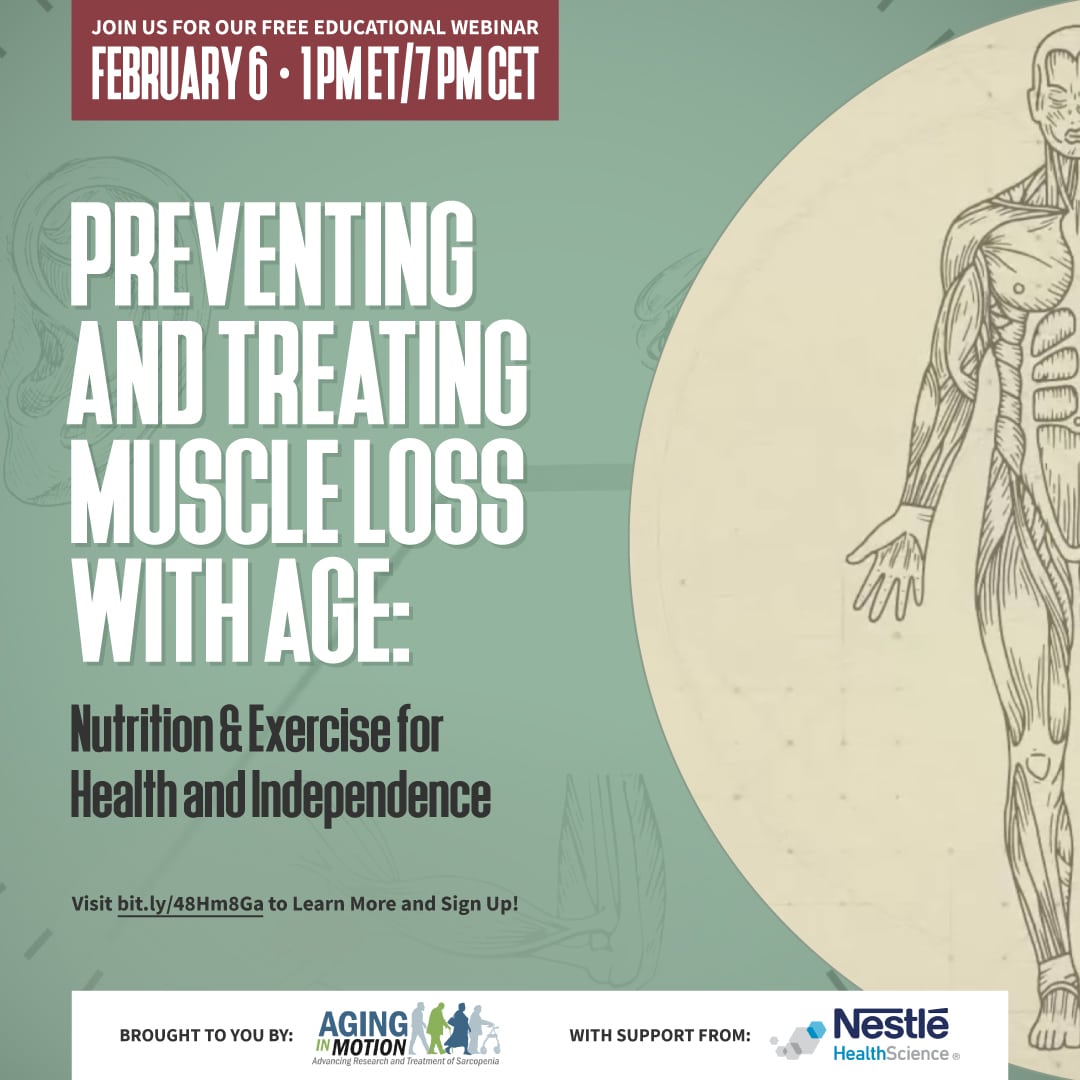
For our latest Healthspan Expert Q & A, we talk with Nicola M. McKeown, Ph.D., Scientist I, Jean Mayer USDA Human Nutrition Research Center on Aging (HNRCA), and Director of the Nutritional Epidemiology Program & Associate Professor, Friedman School of Nutrition Science and Policy, Tufts University, in Boston, Mass., about the Adhering to Dietary Approaches for Personal Taste (ADAPT) Research Initiative.
Q: What has been your primary area of research in your career?
NM: As a Scientist in the Nutritional Epidemiology Program at the Jean Mayer USDA Human Nutrition Research Center on Aging at Tufts University (HNRCA), my research has largely focused on how sources of dietary carbohydrates impact diabetes and cardiometabolic risk. Our research has found that adults who consume two to three servings of whole grains per day have less visceral abdominal fat, which is the belly fat surrounding the internal organs that is linked to greater chronic disease risk. We’ve also observed that middle-aged adults who consume a daily sugary beverage have greater cardiometabolic risk than those who rarely consume sugary beverages, irrespective of whether they are normal weight or overweight. Overall, our observational findings are in line with other research studies suggesting that the sources of our carbohydrates matter to our health.
In light of emerging evidence on the health benefits of various alternatives to a typical Western diet, understanding dietary change is paramount to improving the health and well-being of future generations and economies. Although dietary carbohydrate quality remains a cornerstone of my research in the Nutritional Epidemiology Program at the HNRCA, our recent research initiative, the Adhering to Dietary Approaches for Personal Taste (ADAPT) Study, now allows us to place greater emphasis on the study of carbohydrates and other dietary components in the context of individuals’ lifestyle behaviors and overall dietary patterns.
Increasing public interest in nutrition has paralleled growing numbers of followers of popular dietary patterns (e.g. Paleo, vegan, vegetarian, Mediterranean, gluten-free, whole food omnivorous, etc.), and some of these dietary patterns are associated with improvements in dietary quality and cardiometabolic health. The ADAPT study aims to capture a wide range of dietary patterns with variation in macronutrient intake, as well as information on physical activity, use of complementary health approaches, personality, predictors of dietary adherence, and cardiometabolic risk, from a new and unique perspective.
Q: What are your goals with the ADAPT study?
NM: We believe that creating a prospective cohort focused on popular dietary patterns will provide unique data on the interplay of dietary patterns, behavior change, and wellness in the way that people are actually living and eating. By collecting dietary intake data on a wide range of followers of popular diets, as well as those not following any particular diet, we will be able to examine these unique dietary patterns in relation to health behaviors and outcomes, as well as the factors that best promote continued adherence to diets over time.
An example of the research that will be generated from the ADAPT study is the following thesis research questions that one of my Ph.D. students, Micaela Karlsen, will address: “Do psychological, behavioral, and environmental factors differ across followers of different dietary patterns?” and “How do the diets of people who self-identify as following a particular diet or dietary pattern compare to the actual principles of the diet?” Additionally, as the different popular dietary patterns also provide a much broader range of macronutrient intakes than seen in common Western-based dietary patterns, the ADAPT study will prove valuable in assessing healthy intake ranges for carbohydrates and proteins.
We conducted a feasibility survey this past summer to capture the willingness of followers of popular diets to participate in an online research study. Thanks to our recruitment partners (bloggers, writers, or public figures all with large social media followings), we generated a great deal of interest in just an eight-week period. An astonishing 14,000 individuals responded to a 15-minute survey, and almost half expressed interest in participating in a larger online study! We are currently preparing to reach out to these individuals in the summer of 2016. We are also planning two additional recruitment campaigns over the next nine months, using the same online survey, with the goal of increasing our reach from 14,000 to 20,000 or more!
In fact, anyone interested in participating in or learning more about the ADAPT study can sign up or get more information here.
According to Dr. McKeown, the ADAPT study aims to capture a wide range of dietary patterns such as the Mediterranean diet with variation in macronutrient intake, as well as information on use of complementary health approaches, personality, predictors of dietary adherence, and cardiometabolic risk, from a new and unique perspective.
Q: It looks like the study has been a great success so far. What have you learned from the survey results? Did you discover anything unexpected or of special note?
NM: We asked a number of questions in the initial 15-minute survey, and we did find some interesting results! First and foremost, the initial feasibility phase of the study suggested that there is interest by participants and that large-scale research among individuals consuming popular diets is possible. I was initially concerned that the response rate would be predominantly from younger adults under 35 years of age, but, in fact, we saw a fairly equal distribution across age brackets (21 percent ages 18-34; 44 percent ages 35-54; 33 percent ages 55 and over).
A total of 9,809 of 14,003 subjects completed the questionnaire, in which study participants could select which diet they follow (e.g. paleolithic-type diet, vegan, vegetarian, whole food, plant-based, Mediterranean-type diet, low-carb diet). There was a great response from paleo-diet followers (14 percent) as well as whole food, plant-based, and vegan followers (25 percent and 18 percent respectively). Somewhat unexpected was the low number of study participants who selected a low-carb diet, which is often touted as popular in the media. I was pleasantly surprised by the willingness of respondents to consider participating in other aspects of the study. Of those expressing interest in future research, more than 85 percent of respondents were willing to complete dietary assessments, and 50-75 percent expressed willingness to provide biological samples such as stool, urine, and/or blood.
Q: How do you hope the ADAPT study will benefit the healthspan potential of older adults?
NM: I hope the data we collect from the ADAPT survey will help us determine age-specific prevention strategies for diseases linked to aging such as type 2 diabetes, cognitive decline, and cardiovascular disease (CVD). For example, an estimated 50-80 percent of persons 65 years old and older have either diagnosed or undiagnosed diabetes or pre-diabetes. Research shows that switching from a typical Western diet to a more plant-based diet, together with physical activity, will help reduce or prevent diabetes. What is lacking, however, is knowledge about which factors help people make positive dietary changes and succeed in sticking to these modifications. In learning about people who follow particular dietary patterns, we hope these data will provide insight into the relative importance of psychosocial and environmental factors predicting successful dietary adherence in older adults.
Q: What are your next steps with the study?
NM: The next steps are to get the study up and running and continue to expand our research questions. Such a valuable database will ultimately lead us to ask additional questions. Once the study is established, we will seek funding to measure biomarkers of nutritional status and gather additional phenotypic data using biological samples.
Q: Finally, on a more personal note, what do you find most interesting about your research? What do you like to do in your free time?
NM: Nutrition research is an exceptionally interesting field, from both a personal and professional standpoint. Like all fields of science, the emphasis on dietary advice and public health priorities shifts as the research evolves, which unfortunately can lead to consumer confusion. This is why I enjoy serving on the Tufts Health and Nutrition Newsletter. We get to diminish some of the confusion around recently published studies in the field. In addition, our readers ask wonderful questions that I enjoy answering because it provides me with an opportunity to step away from the science and translate information to consumers. In my free time, I enjoy spending time with my husband, our children, and the dog, doing yoga, and taking long walks! And I must admit, reading blogs and tweets about nutrition! I’m really glad to have come across yours.






